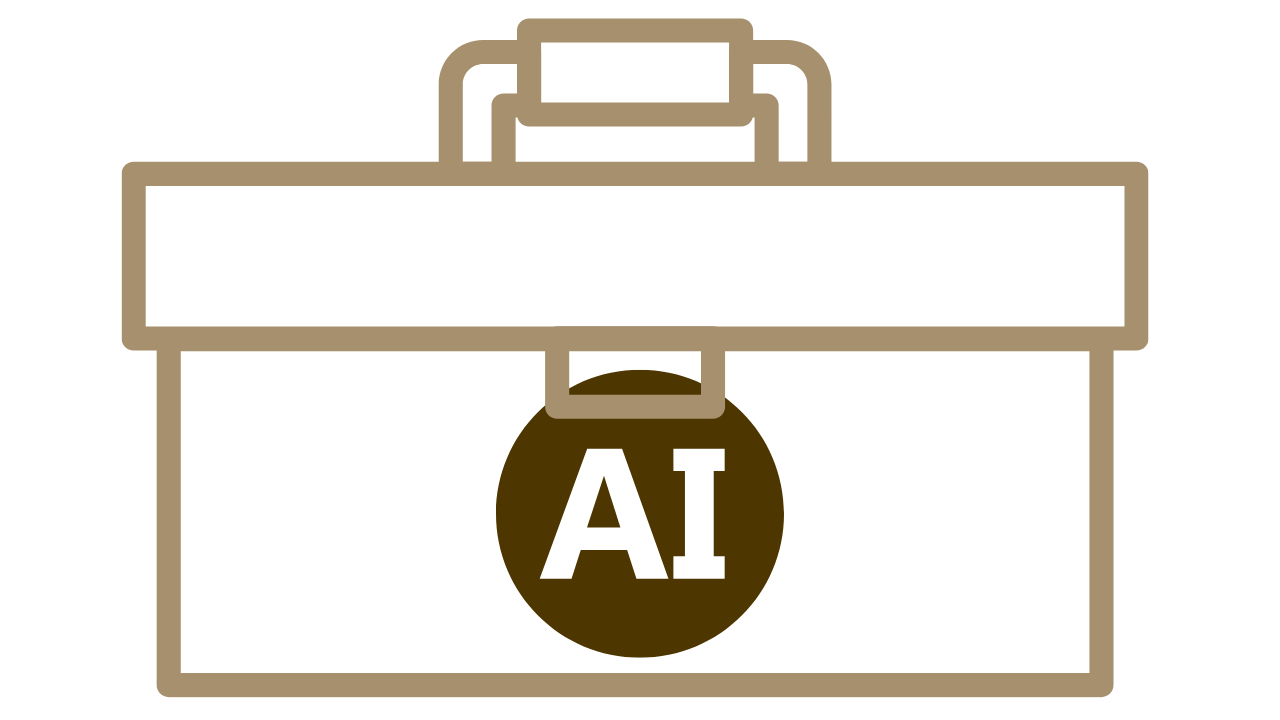[College Major] Artificial Intelligence: Programs, paths, and possibilities
As artificial intelligence (AI) rapidly reshapes industries and everyday life, many colleges and universities are evolving too—offering new ways for students to study, apply, and critically examine this powerful technology. Whether you're a future software engineer, a business leader, or a digital artist, AI is becoming a foundational element and option for students pursuing college education.
AI Across the Curriculum
While some worry about AI’s impact on jobs, ethics, and education, forward-leaning universities are embracing it as both a tool and a topic of study. They recognize that students who understand, analyze, and apply AI effectively across different fields will give themselves a leg up in the job market.
AI is no longer confined to computer science. Familiarity with it is expected among analysts and business majors, and it’s also showing up in journalism schools, health sciences, and the arts. Those who grasp AI’s potential and limitations will be better positioned to lead industries increasingly shaped by data-driven decisions and automation.
Liberal Arts Meets Machine Learning
Even small colleges—including those without majors in AI or engineering—are helping students explore AI’s ethical, political, and cultural impact. For example:
-
Pomona College, Bowdoin College, and Wesleyan University offer courses on AI ethics, bias in machine learning, and algorithmic influence on democracy and privacy.
-
Brown University examines AI through culture and media, including deepfakes and AI-generated articles.
-
Swarthmore College links AI to cognitive science, exploring how machine learning mirrors human decision-making.
-
Rochester Institute of Technology and University of Arizona integrate AI into digital humanities, natural language processing, and AI-assisted creative writing.
These programs encourage students to think critically about AI’s role in society, not just how to build it.
AI in Business and Industry
As AI becomes integral to business, universities are helping students apply it in areas like finance, marketing, and supply chain management:
-
USC’s Marshall School of Business offers an AI for Business program, with case studies on digital marketing, predictive analytics, and logistics.
-
The Wharton School uses AI-powered tools for market forecasting and financial risk analysis.
-
University of Texas at Dallas integrates AI into business analytics with real-world tools for fraud detection, automation, and customer insights.
These examples highlight the increasing demand for professionals who can lead and use AI, not just be ignore it or be led by it.
STEM-Focused AI Programs and Minors
Students interested in the technical side of AI—robotics, deep learning, and autonomous systems—will find an increasing number of specialized programs:
-
MIT, Carnegie Mellon, and Stanford remain leaders in AI innovation.
-
Georgia Tech offers an AI minor open to all students from all majors, promoting cross-disciplinary fluency.
-
University of Michigan and UC Berkeley offer robust AI tracks in computer science, covering reinforcement learning, generative AI, and AI-driven cybersecurity.
-
Oregon State University and Cal Poly SLO work directly with companies on real-world AI challenges.
These programs make AI education more accessible while emphasizing hands-on, practical experience.
AI in Healthcare, Gaming, and the Creative Arts
AI is also transforming industries beyond STEM:
-
University of Texas at San Antonio (UTSA) offers a dual degree in Medicine and AI, training future doctors to use AI for diagnostics, personalized treatments, and robotic-assisted surgeries.
-
UC Santa Cruz’s Games and Playable Media program explores AI-powered storytelling, intelligent NPCs (non-player characters), and dynamic gameplay. Students study how AI can enhance game environments that respond to player behavior.
These examples show how AI is becoming an essential skill in healthcare, gaming, and creative industries.

Takeaway: AI Belongs in Every Student’s Toolkit
As AI becomes more deeply woven into society, universities are preparing students not only to use it but to question, shape, and apply it across fields. Whether you're studying liberal arts, business, or computer science, understanding AI's strengths (and limitations) will open doors to emerging career paths—and even to jobs that don’t exist yet.
Sample Careers for AI-Informed Students
Liberal Arts & Interdisciplinary Studies
-
AI Ethics Consultant
-
Digital Media Strategist
-
Computational Linguist
Business & Industry Applications
-
AI-Driven Market Analyst
-
Financial AI Analyst
-
AI-Powered Supply Chain Manager
STEM & Engineering
-
AI Research Scientist
-
Autonomous Systems Engineer
-
AI Cybersecurity Specialist
Medicine & Gaming
-
AI Healthcare Specialist
-
Biomedical AI Engineer
-
AI Game Designer





Responses